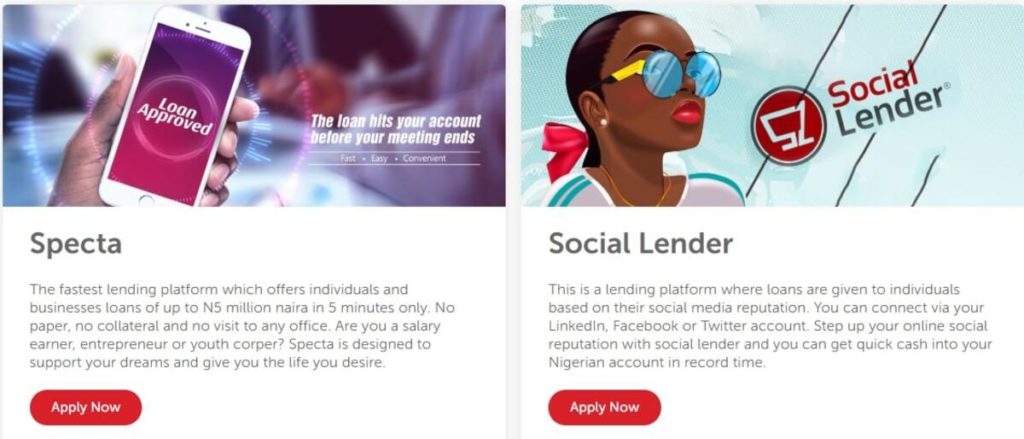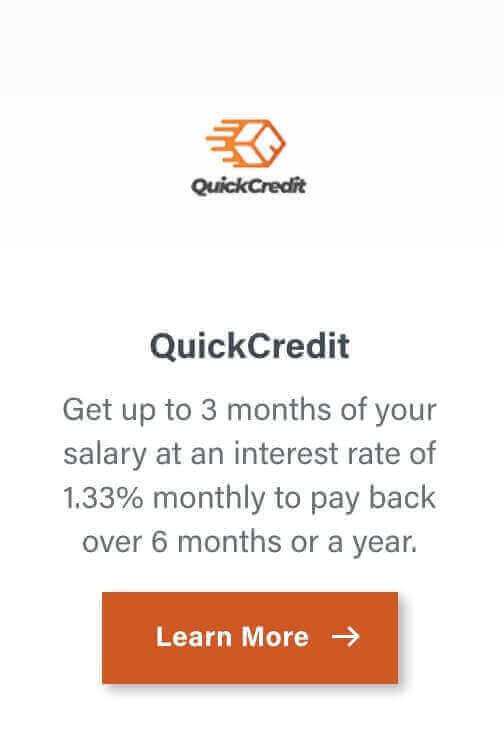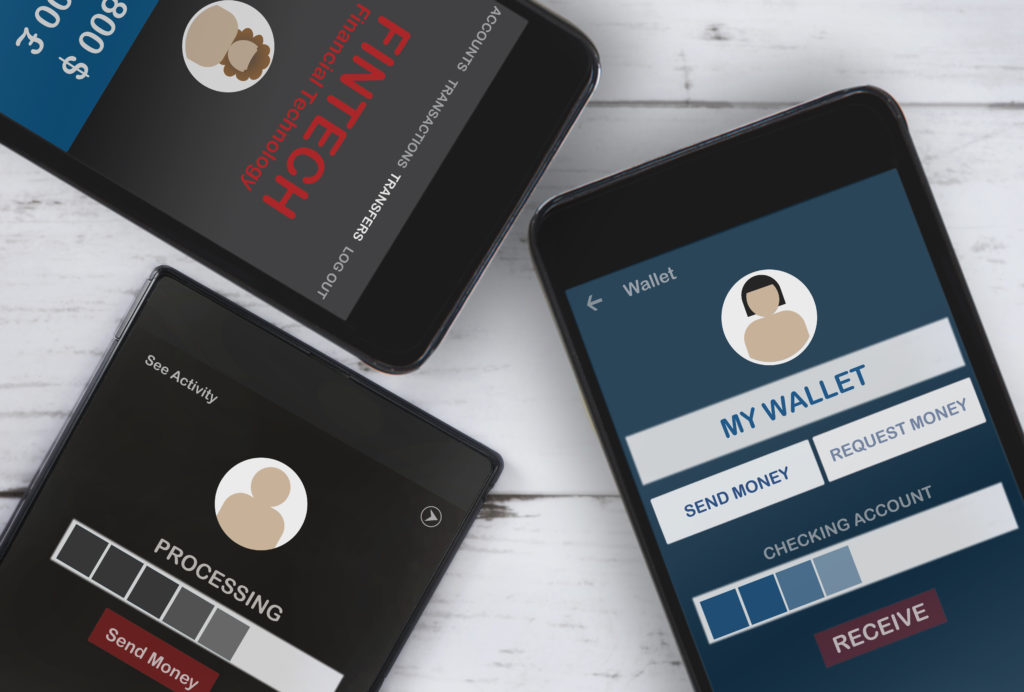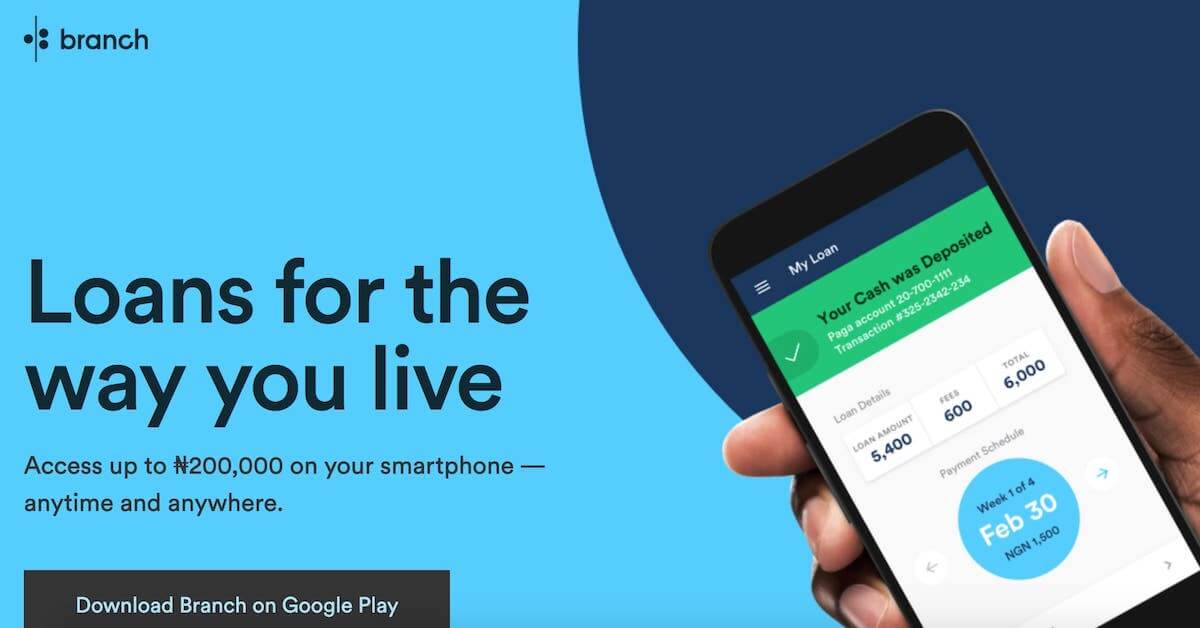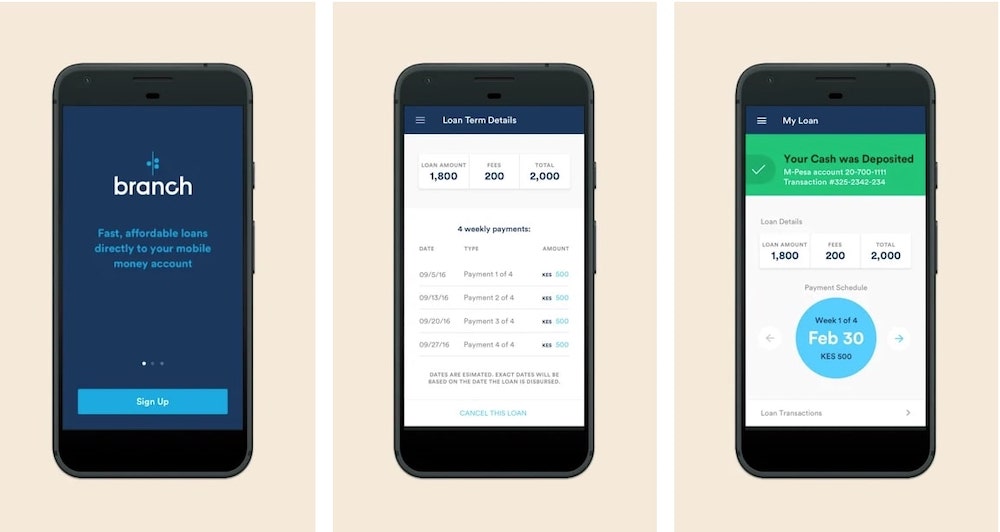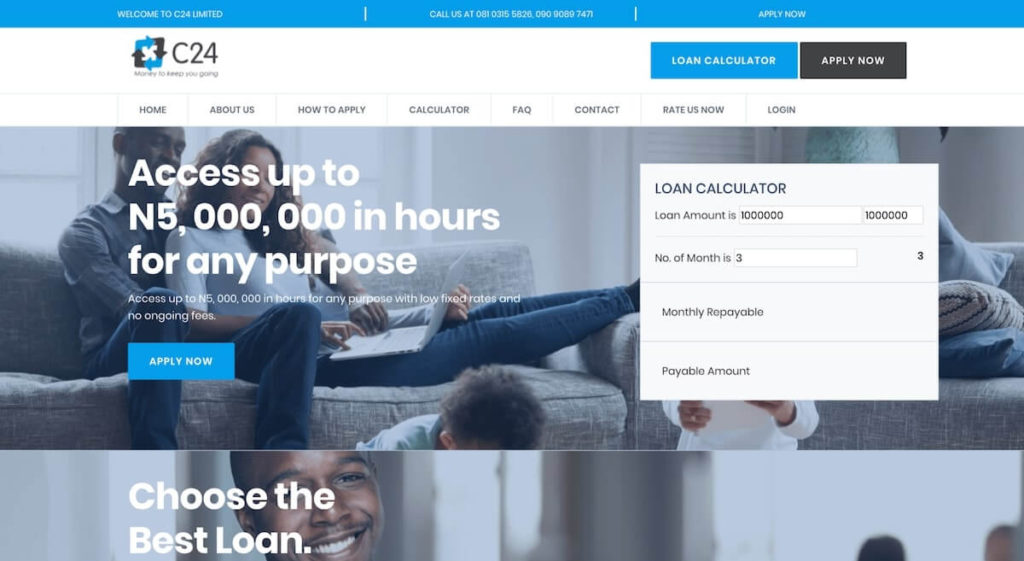Sometimes, emergencies arrive and individuals feel the need to take loans, to pay back as agreed. It could be weekly, monthly, or even once in three months. It depends on the period that both parties agree upon. When these emergencies arrive, an employee will need to ask his or her employer for a financial upfront referred to as a salary advance loan.

This article discusses everything you need to know about salary advance loans, highlighting their requirements for applications and repayment means.
What is Salary Advance Loan?
A salary advance is a loan usually given to an employee. As the name implies, it is usually a part of the wages of an employee paid at the end of the month. Naturally, only an individual with a salary job is eligible for this loan.
This loan is usually short-term, and it comes also with interest rates, though subsidized. Also, there are terms associated with repayment. You can make it once at the end of every month, or once every three months. It is important to understand that employers rarely give salary advance except otherwise stated.
Banks are in charge of this. However, if an employer gives a salary advance to one employee, he must extend the opportunity to other employees. Discrimination based on performance, race, age, or gender is highly discouraged.
What should you know before you take a salary advance loan?
Salary Advance policy educates you about the information you need to equip yourself with before you can take a loan in Nigeria. These include:
- Are you eligible for a loan?: Most times, the eligibility criteria are for individuals who earn a stipulated amount each month. This means that only individuals with a salary job are eligible for this loan.
- What percentage of your salary do you need: A salary advance loan cannot give you a complete salary as a loan unless you apply for a particular percentage of your salary. It is important to know exactly what you need before you apply for a loan.
- How much will I be paying in return?: It is always important to check this out because some interest rates can be outrageous. Always select a loan option with a favourable rate.
How to get a Salary Advance loan
Typically, most Nigerian banks such as First Bank and Access Bank give loans of up to N500,000, although this amount depends on your salary and your past financial records.
To get a loan, all you have to do is contact your bank for more information on the process involved. After this, they will notify you about the loan periods and repayment plans. For instance, Zedvance loan periods count after a day (the day on which you get the loan).
Where can I get a Salary Advance Loan?
We can get salary advance loans from different financial institutions across all tiers. It could be a commercial bank, like the Zenith Bank loan, community bank, or microfinance banks
Conclusion
A salary advance loan is perfect for you because they have designed it to handle emergencies. Also, there is usually no waiting period before the collection of the loan. As soon as an application is made, and they check the eligibility status of the client, the loan is made available almost immediately.

